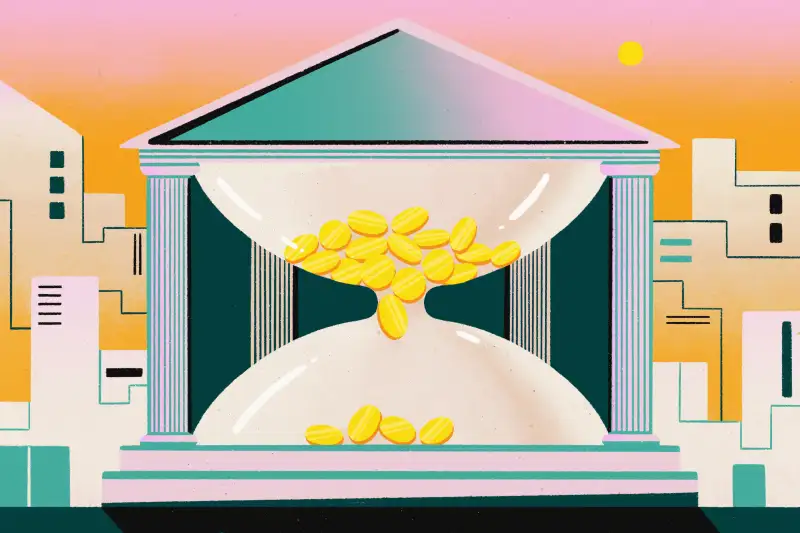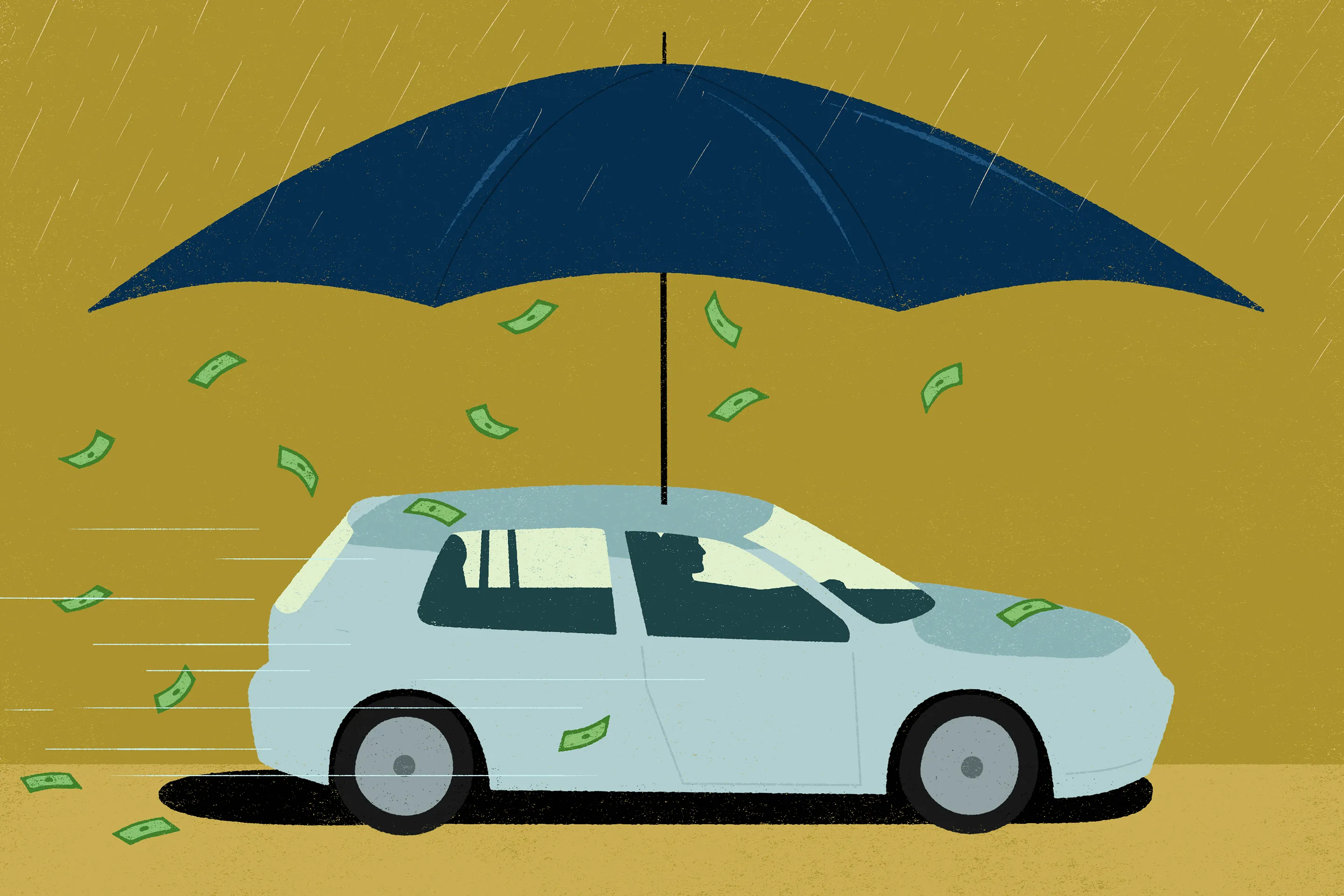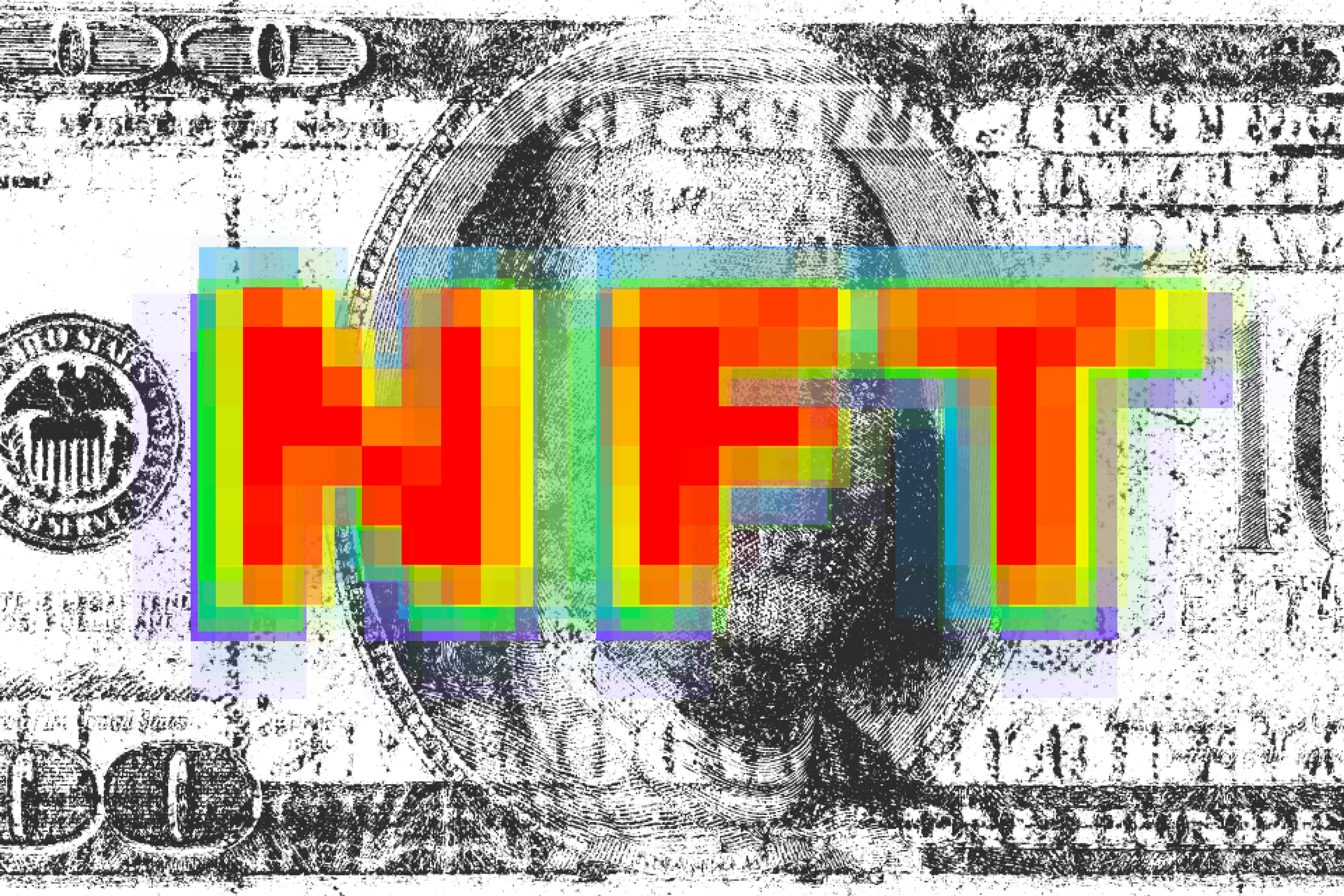Everything You Need to Know About High-Yield CDs

If you have money in a savings account and you’re looking to get a little more bank for your buck, you might want to consider a high-yield CD or, if you have a significant amount of money to invest, a jumbo CD. These certificates of deposit are FDIC-insured up to $250,000 and, although returns have been dropping due to the ultra low-rate environment investors face today, CDs still can give you better returns than an ordinary savings account.
What is a high-yield CD?
What’s the difference between a jumbo CD and a high-yield CD? Whether you ask “What is a jumbo CD?” or “What is a high-yield CD?”, you’re essentially asking pretty similar questions. (In fact, you might find some lenders using the two terms interchangeably.) “High-yield” refers to the interest you earn, “jumbo” refers to the amount you have to invest in order to earn that rate.
How long are CD terms? Terms range from as short in duration as a week to as long as a decade. In general, CDs with more distant maturity dates pay higher interest rates — but current economic conditions have thrown a wrench into that conventional wisdom.
“One of the biggest challenges right now is the combination of being low and flat on the yield curve,” says Chris Harris, CFO of SAFE Credit Union, based in Sacramento, Calif. The result is that long-term CD returns are only a little bit higher than returns on CDs for shorter periods.
Harris says people often stick to short-term CDs because they’re afraid they’ll miss out on rising interest rates, but the current economic climate means you should think more long-term. “Right now, there's an indication that interest rates are going to stay low for at least the next two to three years,” Harris says.
Since rates aren’t climbing anytime soon, the incrementally higher interest you can earn on a longer-term CD lets you squeeze a little more return out of your savings.
How much money do you need for a jumbo CD? The big difference between a jumbo CD versus an ordinary CD is the dollar amount: Whereas you can open a regular CD with as little as $500 (and there are even some CDs out there with no minimum balance requirements), jumbo CD minimum balances typically start at $100,000. You can sometimes find offers with a lower bar to entry, such as Dallas-based credit union Advancial’s jumbo CDs that you can get with a minimum deposit of $25,000. For instance, its 18-month jumbo CD has an APY of 0.94%, compared to its regular 18-month CD rate of 0.84% (which you need a minimum deposit of $1,000 to open).
Advantages of high-yield CDs
Are high-yield CDs safe? CDs have always been viewed as a benchmark investing product for risk-averse savers who want to grow their money without exposing their nest egg to the volatility of the stock market. CDs — both regular as well as jumbo — are insured for up to $250,000 by the FDIC, or by the Credit Union National Association if your CD is through a credit union.
One detail to know, though: Banking institutions often apply that FDIC cap to the total amount you have invested with them. In other words, if you were to open three $100,000 jumbo CDs at the same bank and that bank subsequently failed, you might only be reimbursed for $250,000, even though each CD was for well below that amount. If you have more than a quarter-million dollars you’re considering putting into jumbo CDs, consider opening accounts at different institutions.
What is the highest-yield CD? Typically, savers have been able to use high-yield CDs to generate considerably higher returns than they could get with ordinary CDs, but Harris says that’s not really the case today, thanks to a combination of Federal Reserve policy that has driven down interest rates overall and growing competition among banks and credit unions, which has made regular CD rates more competitive — in some cases, with returns nearly as high as or even equal to those of their jumbo counterparts.
For instance, CIT Bank’s two-year jumbo CD — which has a $100,000 minimum to open — has a 0.4% APY, which is the same rate as its basic two-year term CD that only requires a $1,000 minimum balance. (One note: APY, or annual percentage yield, is similar to APR, or annual percentage rate, which refers to what you pay when you borrow money, although APY factors in compound interest.)
To find the highest yielding CD, Harris recommends checking in with credit unions in your area since these institutions often run short-term specials when they want to pump up their liquidity.
Drawbacks of high-yield CDs
Can I cash in CD early? No-penalty CDs have become more popular in recent years as competition between banking institutions has intensified. If you open a high-yield CD, though, you should be prepared for penalties if you have to access that money before the end of the term.
Do CDs charge fees? CD penalty fees — for both the regular and jumbo varieties — are typically a percentage of the interest you would earn if you left the investment until maturity. For instance, you might be charged the equivalent of 90 or 120 days’ worth of interest. In general, the longer the CD term, the steeper the penalty. In fact, if you open a jumbo CD and shortly thereafter take a withdrawal or liquidate it, you could find yourself dipping into the principal to cover the penalty fee.
Harris says that if you’re worried about losing access to your money, you can employ a strategy called “laddering.” This involves splitting your investable savings up into a series of smaller CDs with staggered maturity rates. If you set these CDs to mature on a monthly or bimonthly basis, you’re never more than a month or two away from being able to tap a portion of your cash without paying a penalty.
More from Money:
Money's Best Banks: Why Ally Is Our Pick for Best CD
Money's Best Banks: Why Ally Is Our Pick for Best Online Bank



